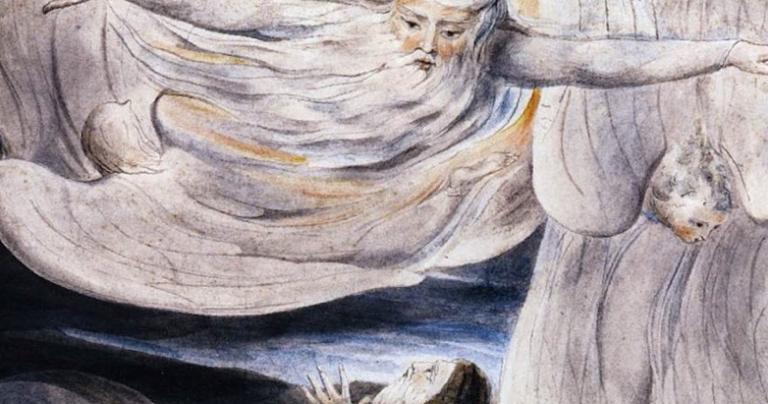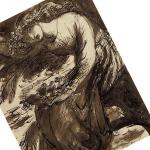 God is the very ground of being and I am . . . Not, obviously not.
God is the very ground of being and I am . . . Not, obviously not.
This is a relief as any attempt at being God is both laughable and ludicrous.
Christianity gives us a high view of humankind, so high that on weekends atheists accuse of elevating people too much and on week days of failing to be proper humanists.
Being the very image of God is good, but I am not God. Obviously I am not God, lacking the All Powerful skill amongst others, but the truth (as always) can be ignored. To start, I might think this visible world is the real world and in one sense it is real, but not as real as God.
The world exists only because God exists whilst God had a divine time before the world was. God is light and anything else that is made casts a shadow, because of that great Light.
Shadows are very good. Only a broken world full of broken people (such am I) would turn the shady places of the world into something frightening. We can do better and realize that we as sub-creators, we make things and those things are bathed in the Uncreated Light of God. We see them, because they make shade.
Our eyes cannot behold his glory directly, so God came in the incarnation: an image of God that was fully God.
For humans, a shadow is a place of coolness for the intensity of light we cannot handle. Shadow is not the absence of light, but God’s creation playing with light and allowing a beauty that could not be without shade. God made the day and the night and called both good. The between times, the twilight and the dawning, are also good, because they remind us that our Sun is an image of the Uncreated Light while the stars are a reminder of the light within each intelligent soul, men and angels.
This is not to say the bodies we see and the physical form we have are bad, just that they are less than God. This is not mere word play: We worship God, we venerate our parents who remind us of God. There is an odd modern error that confuses any hierarchy with good and bad. My car is faster than I am, but I walk to work every day, because walking is better for my life.
We are shadows, but we can be shades moving toward the light, as real as images can be, or we can be, like Tolkien’s Nazgul or Homer’s damned souls- gibbering shades moving as close to the nothingness of total darkness, non-being. We can bask in the Uncreated Light or we can hide behind our own barriers and become not shady places, but darlkling holes.
In Meno, a companion to Republic where much of this is spelled out, Plato has his Socrates say:
No, the excellence of good people comes to them as a dispensation awarded by the gods, without any knowledge–short of there being a politician with the ability to make someone else an expert politician too. If there were such a person, pretty much the same description could be given of him here among the living as Homer gives of Teiresias among the dead, when he says that of those in the underworld ‘he alone still has wisdom, while the rest dart around like shadows. In the same way, here in the upper world, such a man would be, where excellence was concerned, a piece of concrete reality, so to speak, compared to shadows.
Divinity gives us virtue as a gift. No human can earn such grace.We are solid compared to the rest of creation. Why? As we gain wisdom, or at least love wisdom, we gain solidity. We become (go read the Velveteen Rabbit) real by love, as real as the Ground of Being can make us.
That is very real indeed.
———————————————-
*I begin an informal summer reading of Republic using Scott/Sterling (a new translation for me). Part 1. Part 2. Part 3. Part 4. Part 5. Part 6. Part 7. Part 8. Part 9. Part 10. Part 11. Part 12. Part 13. Part 14. Part 15. Part 16. Part 17. Part 18. Part 19. Part 20. Part 21. Part 22. Part 23. Part 24. Part 25. Part 26. Part 27. Part 28. Part 29. Part 30. Part 31. Part 32. Part 33. Part 34. Part 35. Part 36. Part 37. Part 38. Part 39. Part 40. Part 41. Part 42. Part 43. Part 44. Part 45. Part 45.5. Part 46. Part 47.












